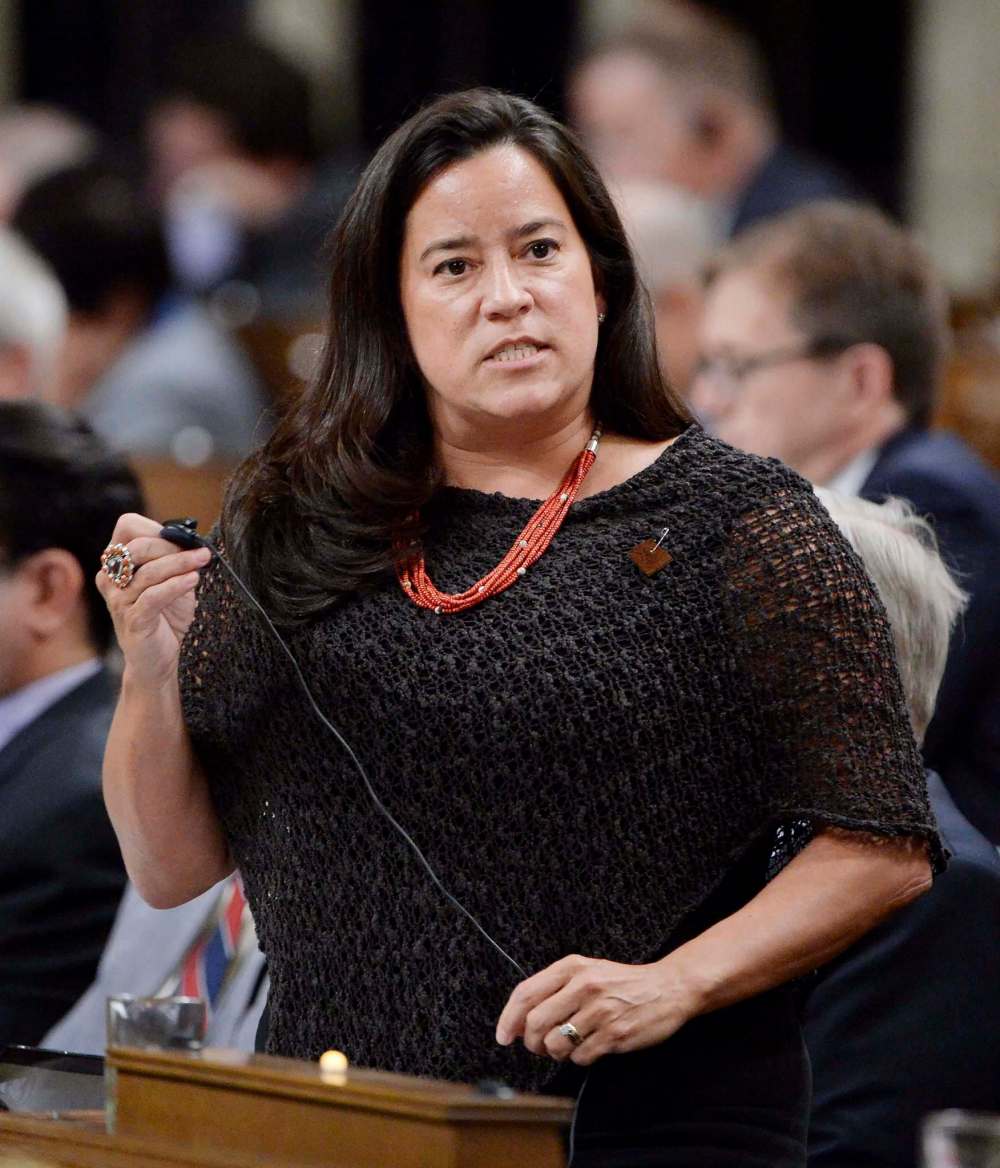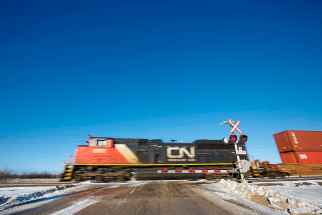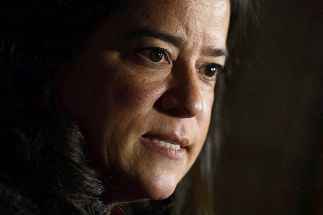Continuing dialogue essential with China
Read this article for free:
or
Already have an account? Log in here »
To continue reading, please subscribe:
Monthly Digital Subscription
$0 for the first 4 weeks*
- Enjoy unlimited reading on winnipegfreepress.com
- Read the E-Edition, our digital replica newspaper
- Access News Break, our award-winning app
- Play interactive puzzles
*No charge for 4 weeks then price increases to the regular rate of $19.00 plus GST every four weeks. Offer available to new and qualified returning subscribers only. Cancel any time.
Monthly Digital Subscription
$4.75/week*
- Enjoy unlimited reading on winnipegfreepress.com
- Read the E-Edition, our digital replica newspaper
- Access News Break, our award-winning app
- Play interactive puzzles
*Billed as $19 plus GST every four weeks. Cancel any time.
To continue reading, please subscribe:
Add Free Press access to your Brandon Sun subscription for only an additional
$1 for the first 4 weeks*
*Your next subscription payment will increase by $1.00 and you will be charged $16.99 plus GST for four weeks. After four weeks, your payment will increase to $23.99 plus GST every four weeks.
Read unlimited articles for free today:
or
Already have an account? Log in here »
Hey there, time traveller!
This article was published 07/01/2019 (2532 days ago), so information in it may no longer be current.
The small group of Canadian senators and MPs visiting China this week provides an avenue for continuing the Sino-Canadian conversation about the Huawei executive being held in Vancouver and the two Canadians who have been imprisoned in China. The Canadian parliamentarians should make the most of it.
They should explain as clearly as possible to the Chinese authorities they meet about Canada’s extradition treaty with the United States and the extradition request we received from the U.S. They should point out that Meng Wanzhou, chief financial officer of the smartphone-maker Huawei, appeared in court with her lawyer, was granted bail and is now living in one of the Vancouver homes she owns. She was detained because the U.S. authorities accuse her of fraud against her company’s bankers and wish to put her on trial. Canada is studying the matter in its careful and public way.
The Canadian parliamentarians should press the case for release of former Canadian diplomat Michael Kovrig, now an adviser to the International Crisis Group, and Michael Spavor, a Canadian entrepreneur who specializes in lining up westerners’ visits to North Korea. The two Michaels were grabbed by Chinese security police for reasons that have never been disclosed, apparently as retaliation for the Dec. 1 detention of Meng. Canada’s ambassador has been allowed to see each of them once. They are behind bars somewhere in China, have no lawyers to speak for them and are apparently subject to the aggressive interrogation that China often inflicts on its prisoners.

Canada has scrupulously followed its own laws in the Meng case. There is no point in denying, however, that the case may have political dimensions. The United States is engaged in a vast and complex negotiation with China over trade barriers, currency manipulation and related issues. U.S. President Donald Trump has publicly said he might release Ms. Meng as part of a trade settlement. After the Vancouver court has examined the extradition demand, Canada’s Justice Minister Jody Wilson-Raybould will decide how to respond, and political considerations could affect her decision.
These political dimensions, however, do not immediately release Canada from its obligations under the extradition treaty. They raise a question about the purpose underlying the U.S. extradition request. That question can be examined by the Vancouver court in the context of the content of the extradition demand and all its circumstances. It can be further examined by the justice minister when she reaches her conclusion.
The Meng extradition case will be resolved one way or another, as will the cases of the two Michaels, and then Canada and China will have to resume their efforts to expand their trade, their cultural ties and their exchanges of university students and tourists. The visit of the parliamentary delegation shows that Canada and China have relations at many levels. Ms. Meng and the two Michaels are the big Canada-China problem of this moment, but they are not the entire substance of Canada-China relations.
China should eventually recognize that Canada is blameless in all this. It should also recognize that people like Mr. Kovrig and Mr. Spavor are vital links between China and the West. It should be encouraging and supporting such people and their work, not clapping them in prison and treating them as hostages for an eventual prison exchange.








